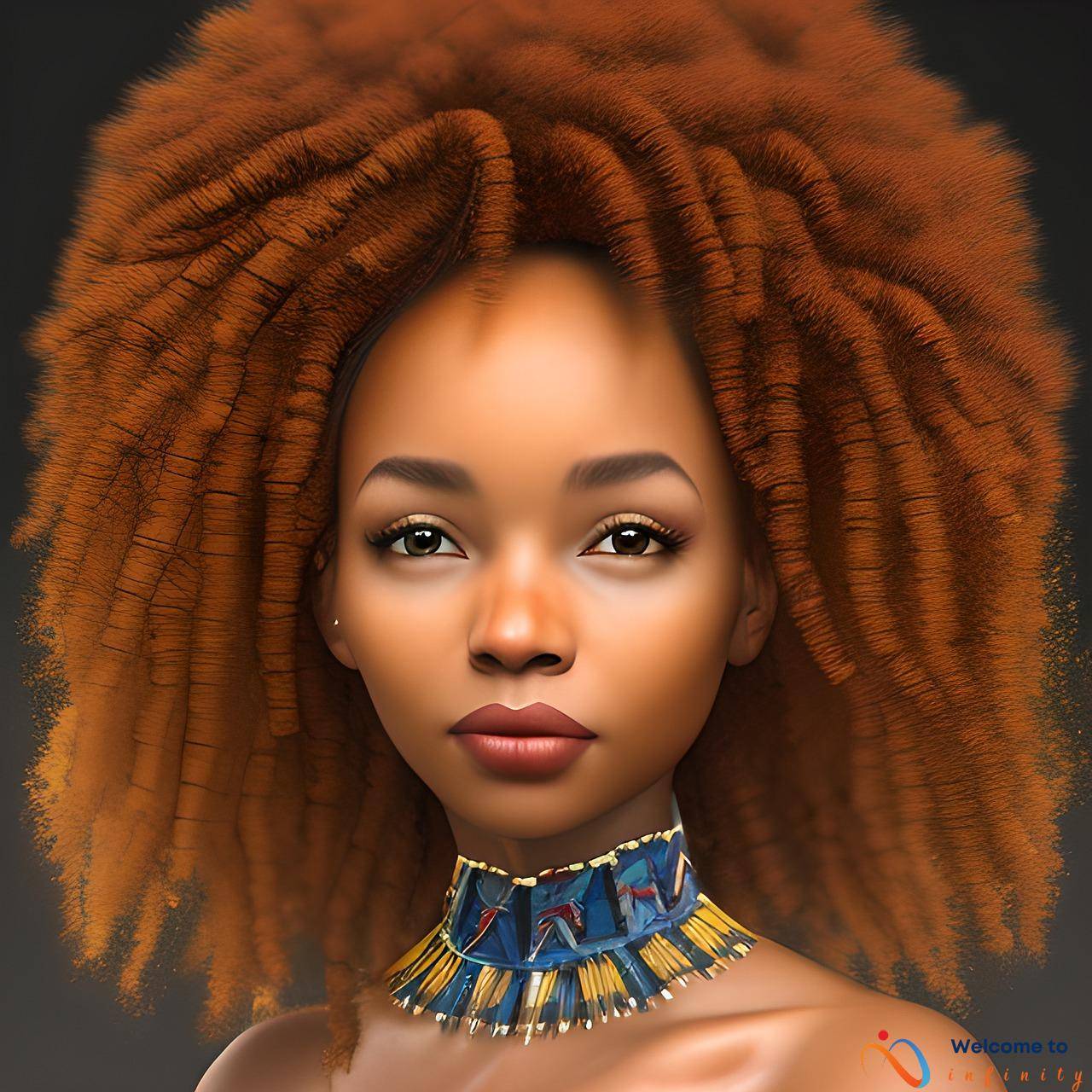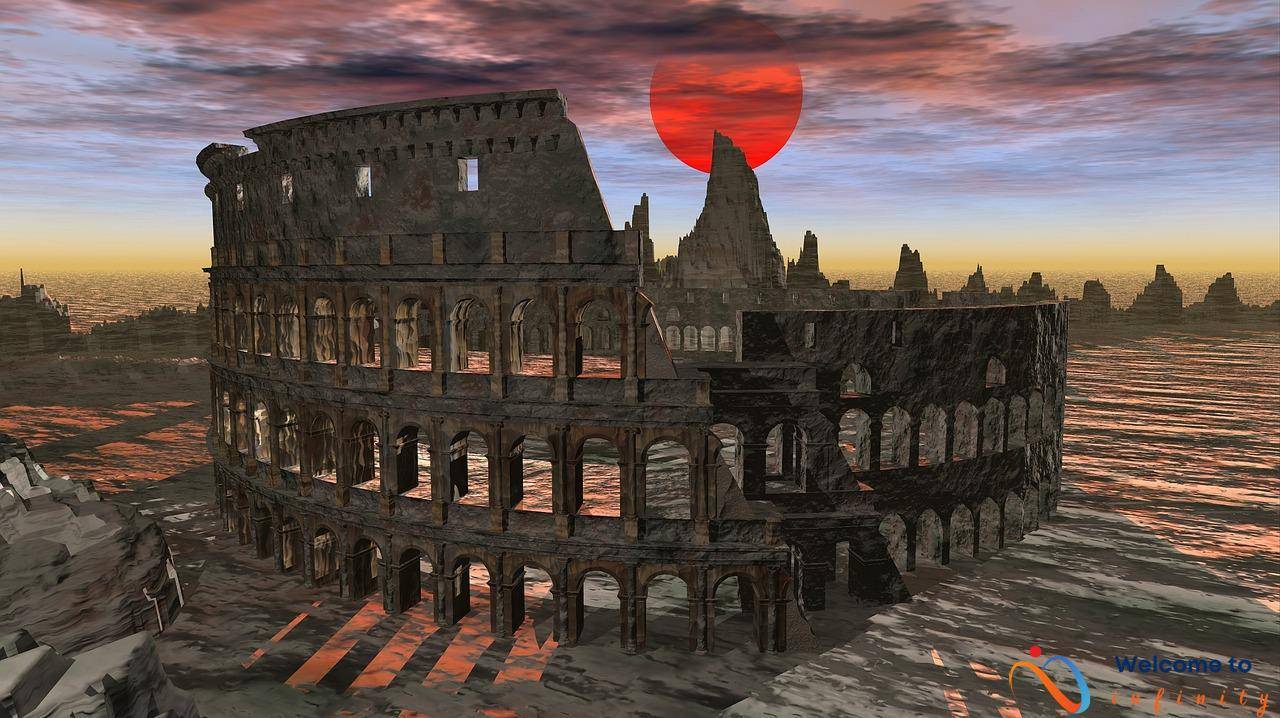Cultural mythology is a powerful force in shaping the beliefs of individuals and entire societies. It encompasses the stories, customs, and beliefs shared by a particular group and serves to give meaning to their experiences and shape their worldview. From ancient time to the present, cultural mythology has played a vital role in shaping the way humans view themselves and the world around them.
One of the primary functions of cultural mythology is to provide individuals with a sense of identity and belonging. It is through the stories and beliefs passed down from generation to generation that people develop a sense of shared history and heritage. Moreover, cultural mythology also serves to instill social norms and values, teaching individuals about what is expected of them and how they should behave in their community.
Storytelling is a key element of cultural mythology, as it is through stories that people make sense of their world and their experiences. Through myths and folktales, individuals learn about their origins, the natural world, and the roles and relationships of different beings. Stories can also be used to convey important moral and ethical values, teaching individuals about right and wrong and the consequences of their actions.
- Exploring the different categories of myths and their significance in cultural storytelling.
- Examining the power of creation myths in shaping beliefs about the origins of the universe and humanity.
- A closer look at hero myths and their role in shaping societal values and ideals.
By examining the types of myths present in a particular culture, we can gain insight into the values and beliefs that are important to that society. Creation myths, for instance, can reveal what a culture understands about the origins of the world and the place of humans within it. Likewise, hero myths can tell us about the values and ideals that a society holds dear, showing us what traits and actions are considered virtuous and commendable.
Cultural mythology is closely intertwined with religion, as many religious beliefs are rooted in mythology and mythological figures. It is through religion that individuals often first encounter cultural mythology and learn about the stories and values that are important to their community. Even in modern times, many religious practices and beliefs remain deeply connected to the cultural mythology of the past.
The enduring influence of cultural mythology can be seen in many aspects of contemporary society. From popular culture to political beliefs, the stories and values of cultural mythology continue to shape the way humans understand themselves and the world around them. It is through exploring and understanding these myths that we can gain a deeper appreciation for the complex and intricate belief systems that shape our lives.
The Importance of Cultural Mythology
Cultural mythology plays a significant role in shaping our beliefs and worldview. Through the ages, stories and myths have been used to convey important cultural values and traditions, to impart wisdom and to explain natural phenomena. These tales have provided societies with a framework for understanding the world around them, allowing people to make sense of their experiences and to form a shared understanding of the world.
At the heart of cultural mythology lies the power of storytelling. By using vivid imagery and engaging narrative structures, myths have the ability to captivate and influence an audience, shaping their beliefs and attitudes. Through embedding cultural rules and norms within a fictional world, myths can establish societal values and reinforce them within the collective consciousness.
Additionally, cultural mythology also provides a sense of continuity and shared history within a particular culture. By passing on myths from generation to generation, people can trace their culture's origins and traditions, reinforcing a sense of identity and community. Cultural mythology can therefore be seen as a crucial tool for forming and maintaining a collective sense of identity and shared purpose.
- Religion often draws on cultural mythology to provide a foundation for its belief system. Myths and religious stories often have similar structures and are used to reinforce the central tenets of a particular faith.
- One example of cultural mythology's impact on societal beliefs can be seen in the enduring influence of ancient Greek myths on western culture. From literature to art, these tales have been used to inspire and evoke a sense of collective pride and connection to the past.
- In conclusion, cultural mythology is a powerful tool for shaping individual and collective beliefs. By influencing our worldview and reinforcing societal values, myths have played a significant role in the development of culture and the formation of societies throughout history.
The Role of Storytelling in Mythology
The art of storytelling has played a significant role in cultural mythology throughout history. Stories passed down from generation to generation have shaped our beliefs and values as a society. From epic tales of heroic deeds to creation myths that explain the origins of the universe, storytelling has been a key element in cultural mythology.
The power of storytelling lies in its ability to capture our imaginations and emotions. When we hear a well-crafted story, it can transport us to different times and places, and make us feel like we are part of the narrative. This emotional connection is what makes storytelling such an effective tool for shaping beliefs and values.
In many cultures, storytelling is not just a form of entertainment; it is a sacred practice. Storytellers are often regarded as keepers of cultural heritage, responsible for passing down the stories and traditions of their people. These stories are not just about entertainment; they carry important moral lessons and messages that are meant to guide the listener's behavior.
The impact of storytelling on belief systems is significant. When we are exposed to a particular story repeatedly, it can shape the way we see the world around us. Myths and legends that portray certain behaviors as heroic or noble can influence our values and our perception of what is right and wrong. Similarly, creation myths that offer explanations for the origins of the universe can shape our beliefs about the nature of existence.
In conclusion, storytelling plays a vital role in cultural mythology and has a profound impact on the development of our beliefs and values. As a society, we continue to tell stories that shape our understanding of the world. By understanding the role of storytelling in cultural mythology, we can gain insight into the way our beliefs and values are formed and perpetuated.
Types of Myths
Myths have been told and retold for centuries, and each culture has its unique set of stories that help shape their beliefs and values. Cultural mythology can be categorized into different types, each with its importance and influence in shaping the stories and beliefs that define a culture.
One of the most significant types of myths is creation myths, which deal with the origins of the universe and humanity. Creation myths are vital because they help people understand their place in the world and the reason for their existence. They also provide a glimpse into the cultural beliefs and norms that define a society.
Another type of myth is hero myths, which involve protagonists with exceptional abilities who embark on a journey to accomplish a goal that benefits their community. Hero myths embody societal values such as courage, loyalty, and self-sacrifice, which are considered crucial for the well-being of a community.
Myths can also be categorized based on their purpose, such as explaining natural phenomena, establishing moral codes, or providing answers to life's big questions. Regardless of their category, myths play an important role in cultural storytelling, shaping beliefs, and impacting the worldview of individuals and society as a whole.
In conclusion, myths are an essential element in cultural mythology that help to shape beliefs and values. Categories of myths such as creation myths and hero myths provide insight into the different beliefs that define a culture and how those beliefs shape stories that are passed down from generation to generation.
Creation Myths
Creation myths are powerful narratives that seek to explain the origins of the universe and humanity. These myths take many forms and exist across cultures and time periods. In many cultures, creation myths are deeply intertwined with religious beliefs and practices.
One well-known creation myth is the story of Adam and Eve in the Bible, which tells the story of how God created the first humans. In Ancient Greece, the creation myth involves the god Chaos giving birth to earth, the sky, and the sea. The creation myth in Norse mythology tells the story of the giant Ymir being slain by Odin and his brothers, whose bodies were used to create the world.
The power of creation myths lies in their ability to shape beliefs about the world and our place in it. These myths offer explanations for the unexplainable and provide a sense of purpose and meaning to human existence. They also serve to reinforce cultural values and norms, particularly those related to gender roles, family structures, and social hierarchies.
However, creation myths can also be used to perpetuate harmful beliefs and stereotypes. For example, some creation myths portray women as inferior to men, or suggest that certain races or ethnic groups are superior to others. These myths can be damaging to individuals who identify with these disadvantaged groups, and can perpetuate discrimination and inequality.
Despite their potential drawbacks, creation myths continue to play an important role in modern society. Many people continue to draw inspiration from these narratives, and use them as a source of comfort and guidance in their daily lives. As such, it is important to continue to study and analyze creation myths, in order to gain a deeper understanding of their ongoing impact on our society and beliefs.
Hero Myths
When it comes to cultural mythology, hero myths are among the most influential and captivating stories. These myths tell the tales of larger-than-life heroes who face seemingly insurmountable obstacles and emerge victorious. From Hercules to Superman, hero myths have been a part of almost every culture throughout history.
The role of hero myths in shaping societal values and ideals cannot be overstated. These stories often feature heroes who embody the traits that a society holds in high regard, such as bravery, loyalty, and selflessness. Seeing these qualities exemplified in these fictional characters can inspire individuals to strive for these qualities in their own lives.
Hero myths can also serve as cautionary tales, teaching that even the greatest heroes are not invincible and that arrogance and hubris can lead to downfall. This is particularly true in ancient Greek mythology, where the hubris of characters like Icarus and Narcissus results in their tragic ends.
In contemporary culture, superhero movies have brought hero myths to the forefront of popular media. These stories continue to shape the values and beliefs of audiences around the world, with characters like Captain America and Wonder Woman representing the virtues of courage and justice.
Overall, hero myths play a significant role in shaping societal values and ideals by providing examples of heroic behavior and reminding individuals of the consequences of arrogance and hubris. As cultural mythology continues to evolve, we can expect hero myths to continue to play an important role in shaping our collective beliefs and values.
Cultural Mythology and Religion
Religion and cultural mythology are often closely related, with many religious traditions being built upon a foundation of mythology. Mythical stories often shape the way people view religion and the divine, providing a framework for understanding and interpreting religious teachings. Stories of creation, origin, and heroes are common themes in religious mythology across cultures.
For example, Hinduism has a rich tradition of mythology, with numerous gods and goddesses that have specific roles and attributes. These myths have had a significant impact on the Hindu religion, shaping its rituals, beliefs, and practices. Similarly, in Christianity, the story of the creation of Adam and Eve has become a central belief that shapes the way Christians view humanity and the relationship between humans and God.
While some may argue that religion and mythology are separate entities, it is clear that cultural mythology has had a profound impact on religious traditions throughout history. Mythical stories have been used to explain spiritual principles, provide moral guidance, and reinforce cultural beliefs. The relationship between mythology and religion is complex, with the two often becoming intertwined to create a unique spiritual identity.
One of the key functions of cultural mythology in the context of religion is to provide a sense of continuity and tradition. Mythological stories are often told and retold, passed down from one generation to the next. These stories provide a link to the past, connecting people to their cultural heritage and spiritual history.
Furthermore, cultural mythology can also be seen as a way of exploring and interpreting religious teachings. Mythical stories often offer a metaphorical or symbolic understanding of complex religious concepts, allowing for a deeper understanding of the divine. Through the lens of mythology, religious beliefs can be examined and reinterpreted, providing new insights and perspectives.
In conclusion, cultural mythology and religion have a complex and intertwined relationship. Myths have played a significant role in shaping religious beliefs and practices, providing a framework for understanding spirituality and the divine. Despite the differences between cultures and religions, mythology has continued to play an important role in shaping collective beliefs and values.
The Enduring Influence of Cultural Mythology
Cultural mythology, with its tales and legends, has far-reaching effects on our present-day beliefs and social norms. Its enduring influence on contemporary society has been shaped by historical, geographical, and societal events.
The beliefs that have been passed down through generations are deeply embedded in our cultural identity. The stories we tell ourselves about creation, migration, war, and love have resonated with people across time and geography. As a result, cultural mythology continues to shape our identity, values, and beliefs, both as individuals and as a society.
Heroes and villains in popular culture, as well as in our traditional mythology, are symbolic archetypes that have provided us with a moral compass. They embody the values that we aspire to, and serve as cautionary tales as well. These stories have been instrumental in shaping our collective psyche, and they continue to influence the way we think and behave.
Religion, too, is an important aspect of cultural mythology that still shapes our beliefs and values. The Judeo-Christian tradition, for example, has influenced Western culture in many ways, from its moral values to its political institutions. Similarly, Hindu mythology has had a profound impact on the Indian subcontinent, shaping its culture, customs, and even its political landscape.
In conclusion, cultural mythology's enduring influence on our contemporary society is rooted in its power to shape our beliefs and values. By exploring the stories, symbols, and archetypes that have persisted over time, we can gain insights into our own cultural identity. The importance of cultural mythology, therefore, cannot be overstated, as it remains a window into the human psyche, revealing our deepest fears, hopes, and desires.










